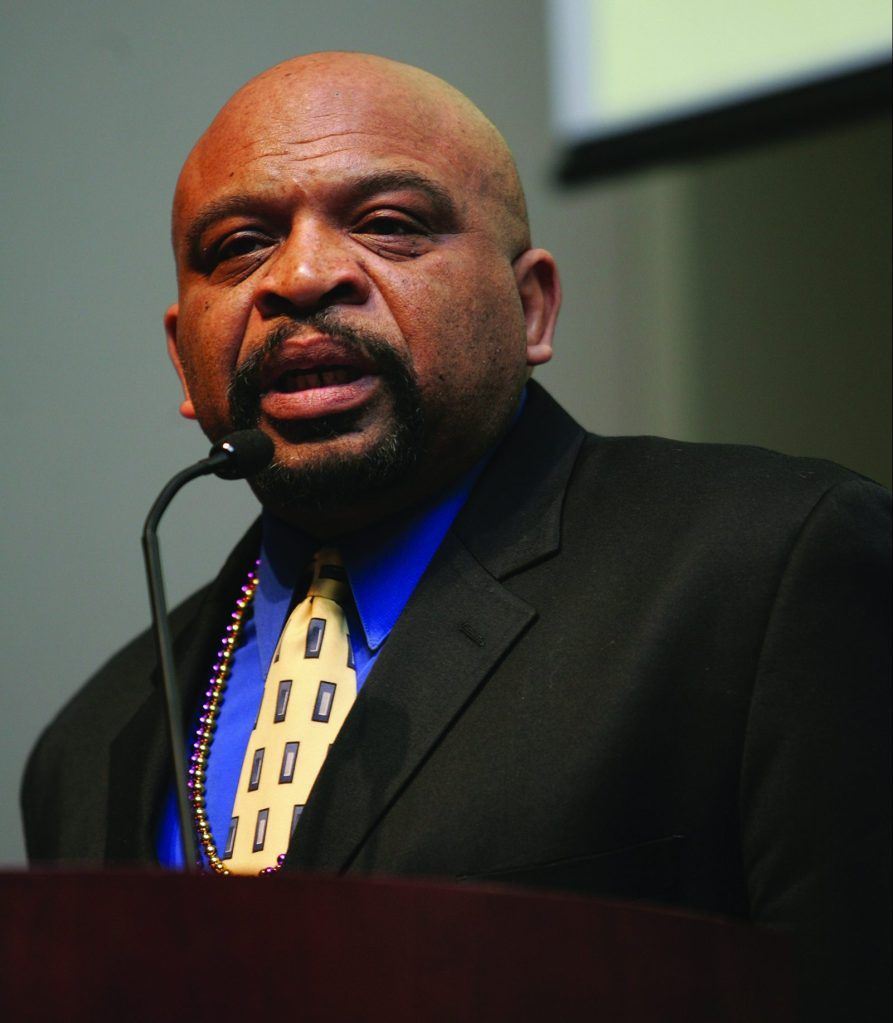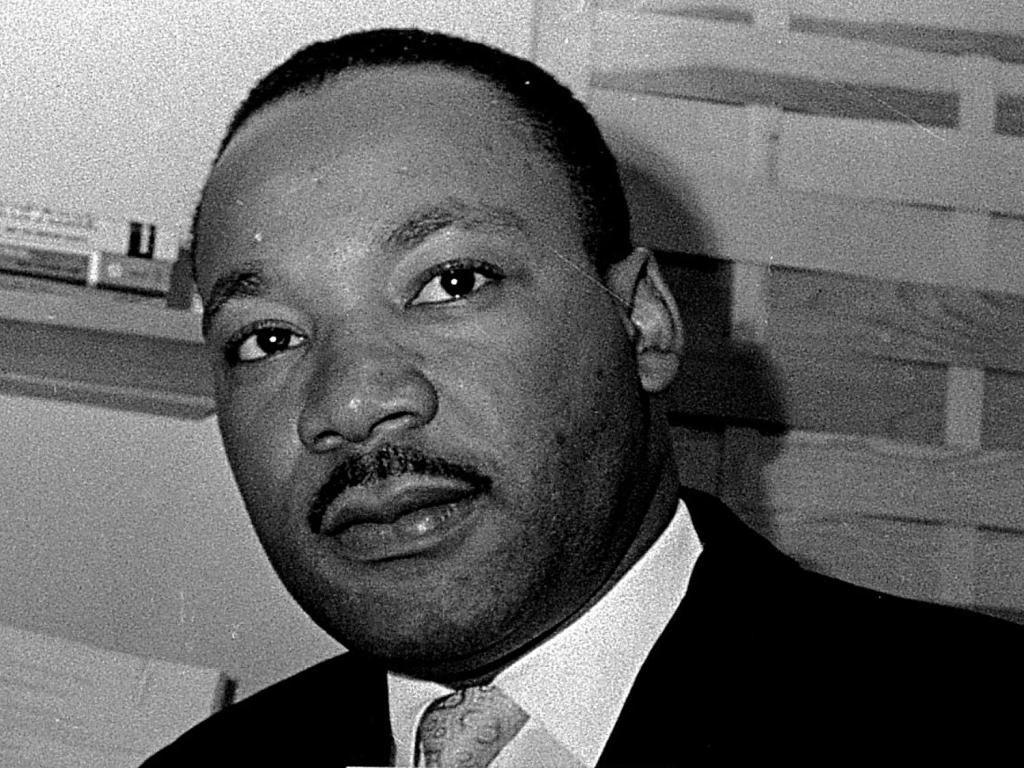OP-ED: At a time of soaring inequities, we must be race-conscious

The U.S. Supreme Court’s decision to outlaw affirmative action in higher education is a cruel, racist, and deeply harmful attack on people of color in this country. Affirmative action has, over four decades, made a significant positive impact on the diversity of college campuses, allowing many Black and Brown students to overcome systemic barriers which restrict access to higher education.
We’ve already witnessed the dreadful consequences of various states eliminating affirmative action programs in years’ past—case studies which paint a dark picture of what may now happen nationwide, absent a major overhaul of how colleges conduct their admissions process.
For example, immediately after California outlawed affirmative action through a voter referendum in 1996, the number of enrolled students from underrepresented groups plummeted by over 60% at UCLA and UC Berkeley, with a 12% overall reduction across the University of California system, according to University of California’s own study. Fewer students of color in prestigious universities meant fewer high-earning job opportunities after graduation, and thus a long-term decline in wages after they entered the job market.
The notion promulgated by right-wing media and politicians that affirmative action somehow disadvantages white and Asian students over Black and Latino students is not based on reality. Black and Latino students already face major obstacles to accessing higher education—a reality which affirmative action was designed to help counteract. Students of color in low-income school districts, for example, often lack access to high school AP courses and extracurricular opportunities—elements of students’ resumes that colleges rely on when considering applicants.
The fact is, race-blind admissions do nothing to overcome racism—on the contrary, they reinforce existing inequities.
It is not just Black and Brown people who will suffer from the elimination of affirmative action programs in higher education. Take, for example, how it could impact our nation’s healthcare system, today in dire need of additional caregivers to rebuild a workforce depleted from three years of the pandemic.
In her dissenting opinion, Justice Sonia Sotomayor points out that “increasing the number of students from underrepresented backgrounds who join ‘the ranks of medical professionals’ improves ‘healthcare access and health outcomes in medically underserved communities.’” We cannot build a healthy society if we do not create a truly diverse and representative healthcare workforce able to provide equitable and culturally-competent healthcare. In a nation where only 5.7% of physicians are Black, it is essential that medical schools do more, not less, to actively recruit a more diverse student body.
The sad fact is, the attack on affirmative action is based on a strategy as old as history itself—those in power attempting to pit working people of different backgrounds against each other to perverse their own wealth and privilege, at the expense of everyone else. We must not fall into this trap. All working people have a mutual interest in joining together, across races and ethnicities, in common struggle to build a fair and just society. A corrupt Supreme Court must not deter us.
The post OP-ED: At a time of soaring inequities, we must be race-conscious appeared first on New York Amsterdam News.




